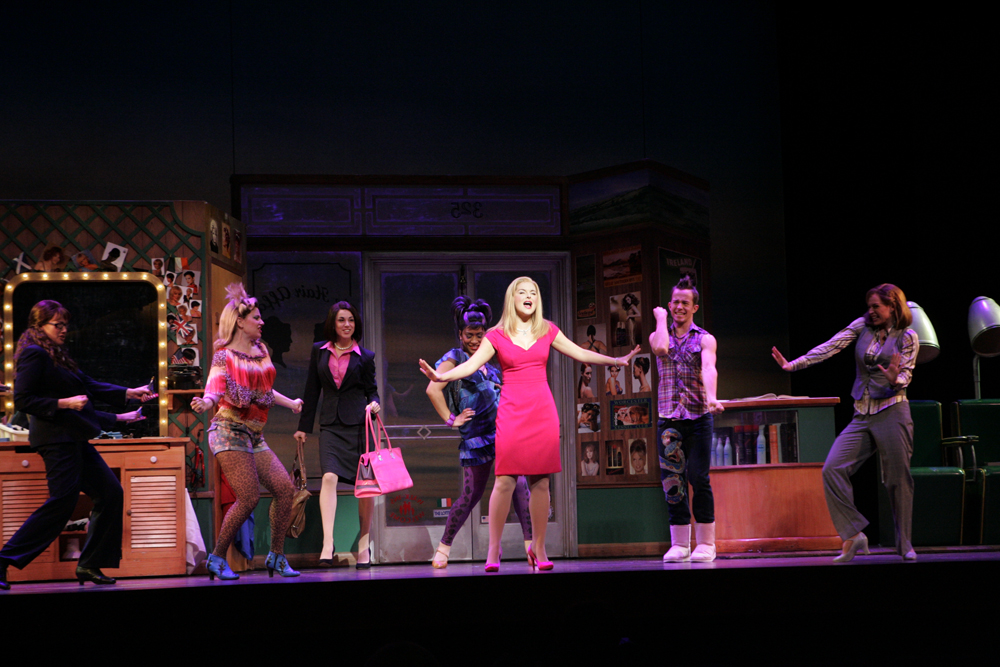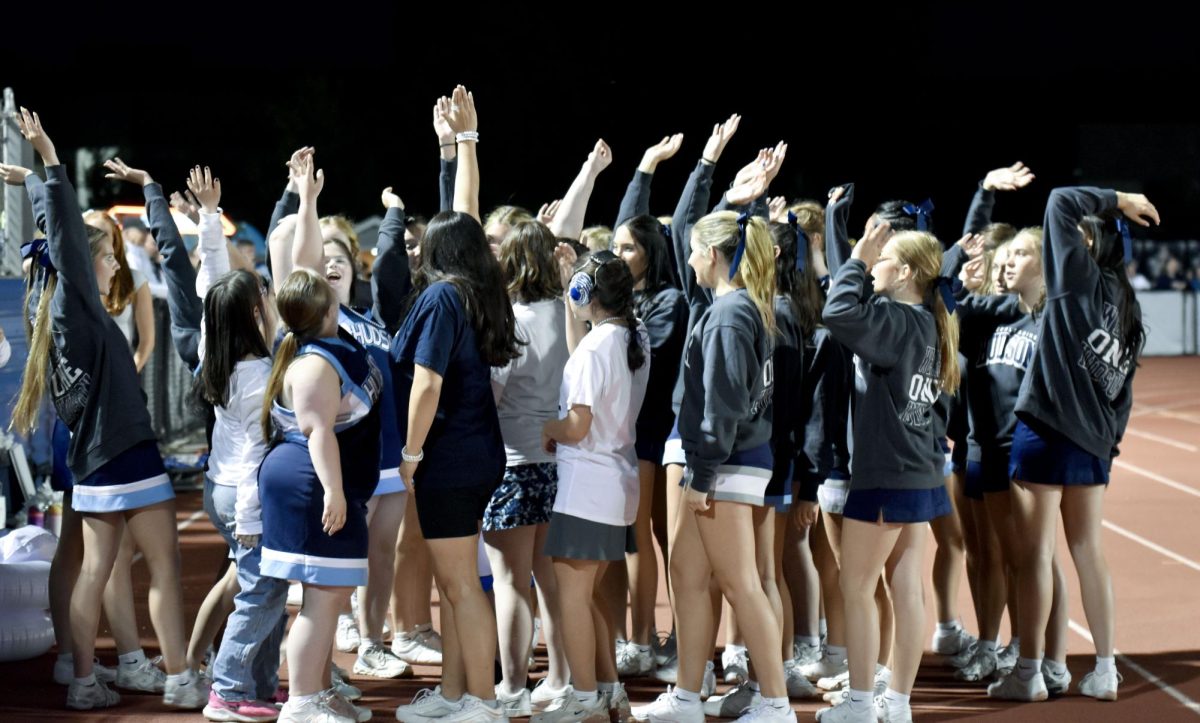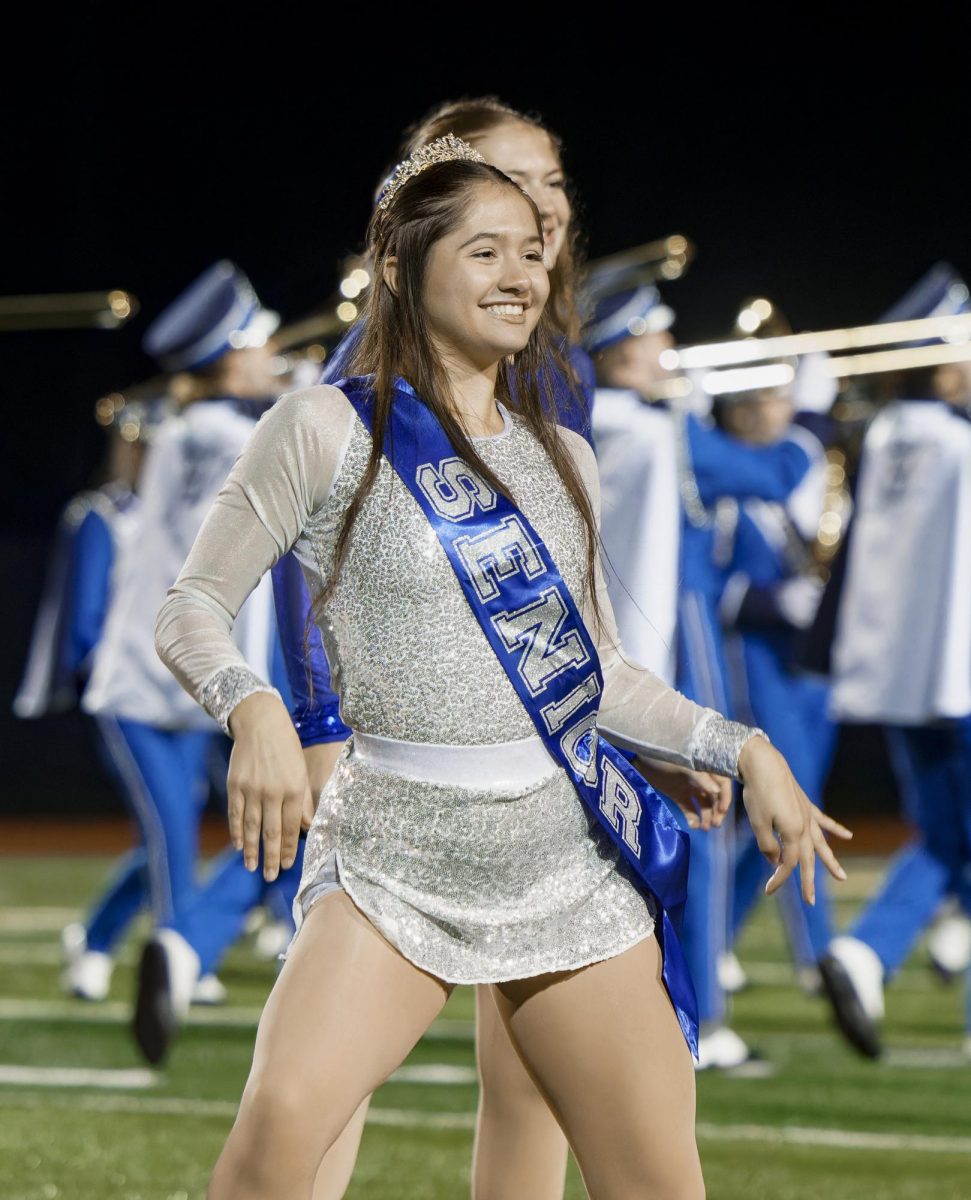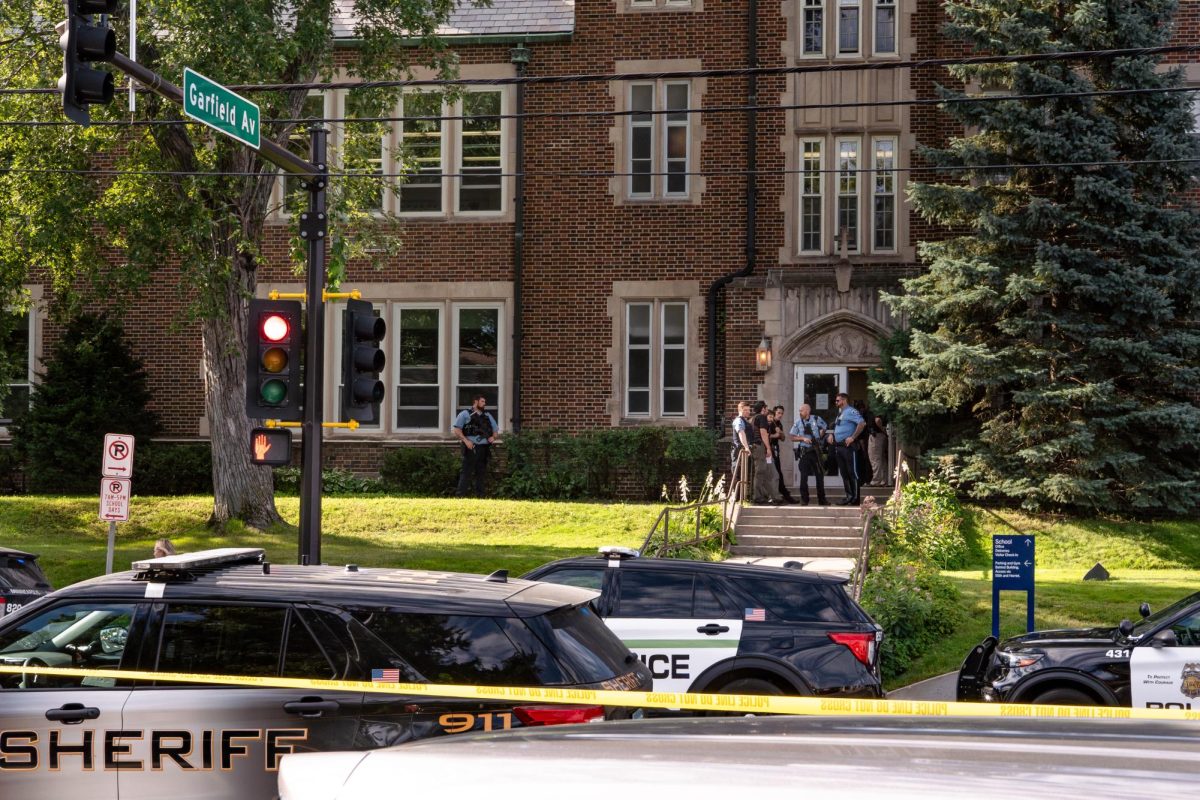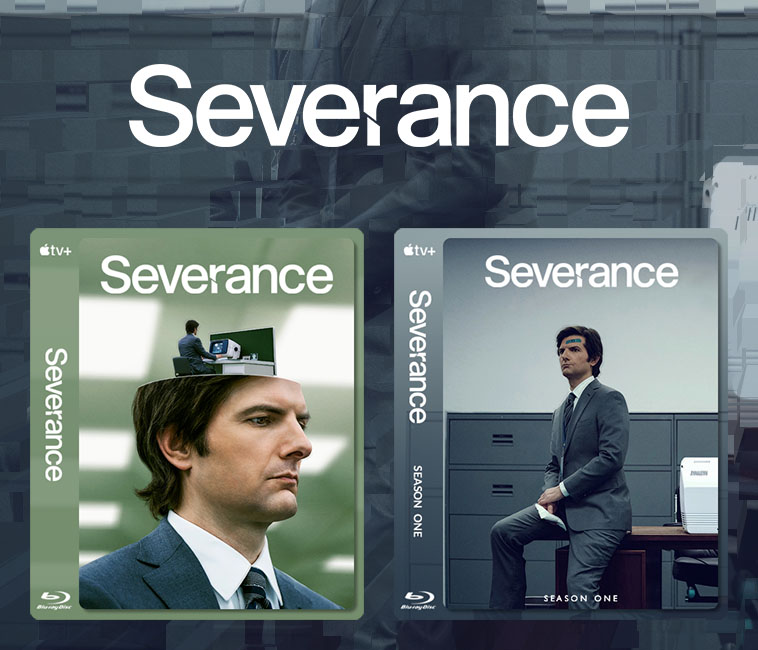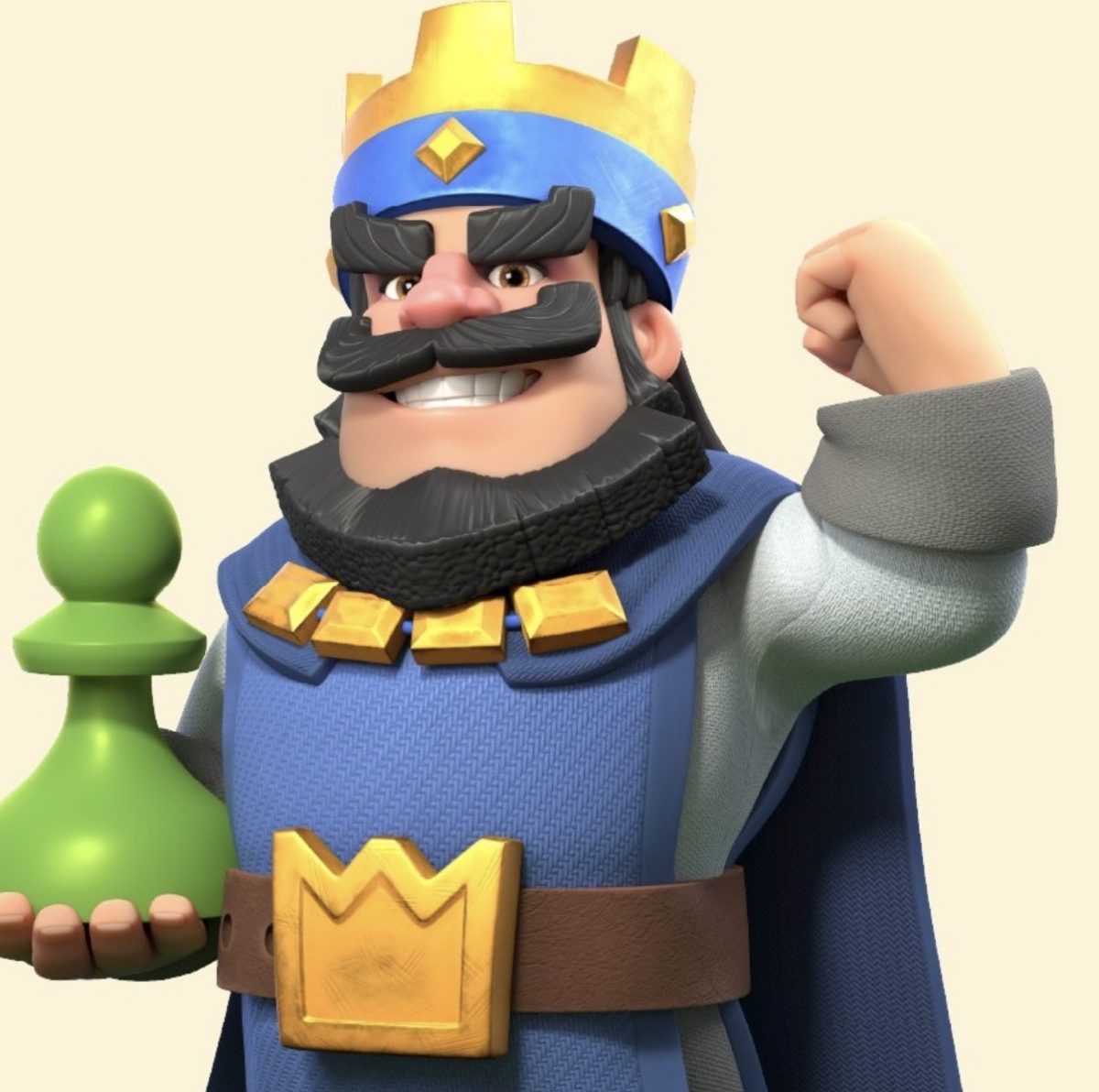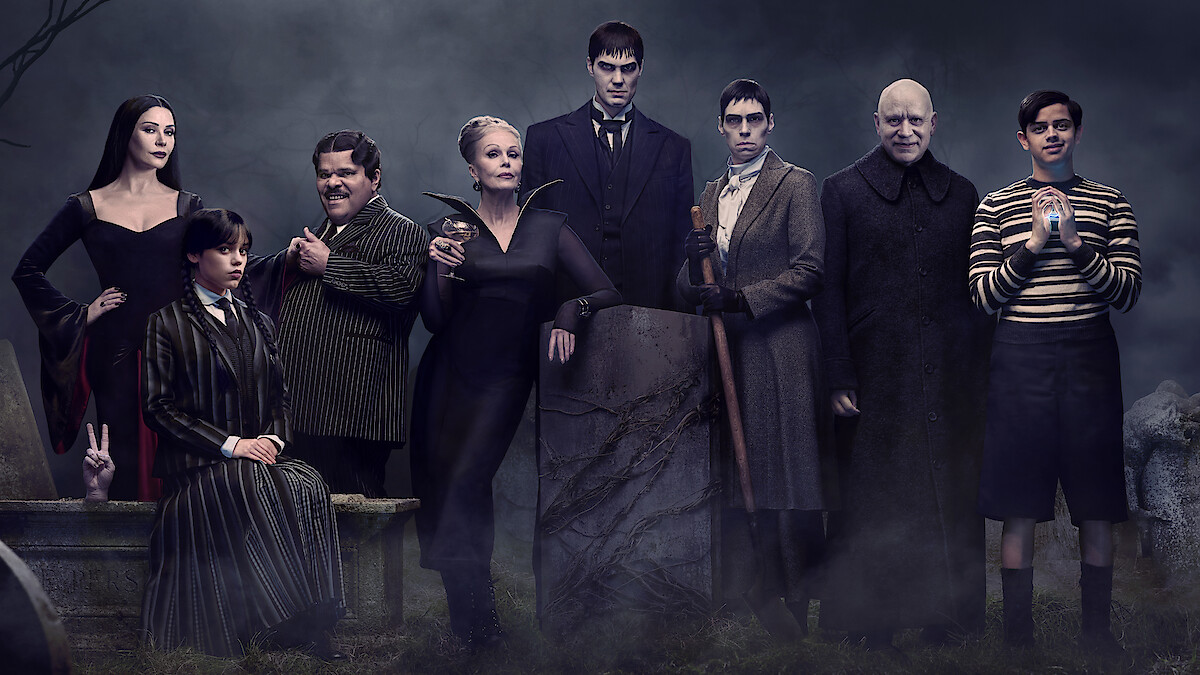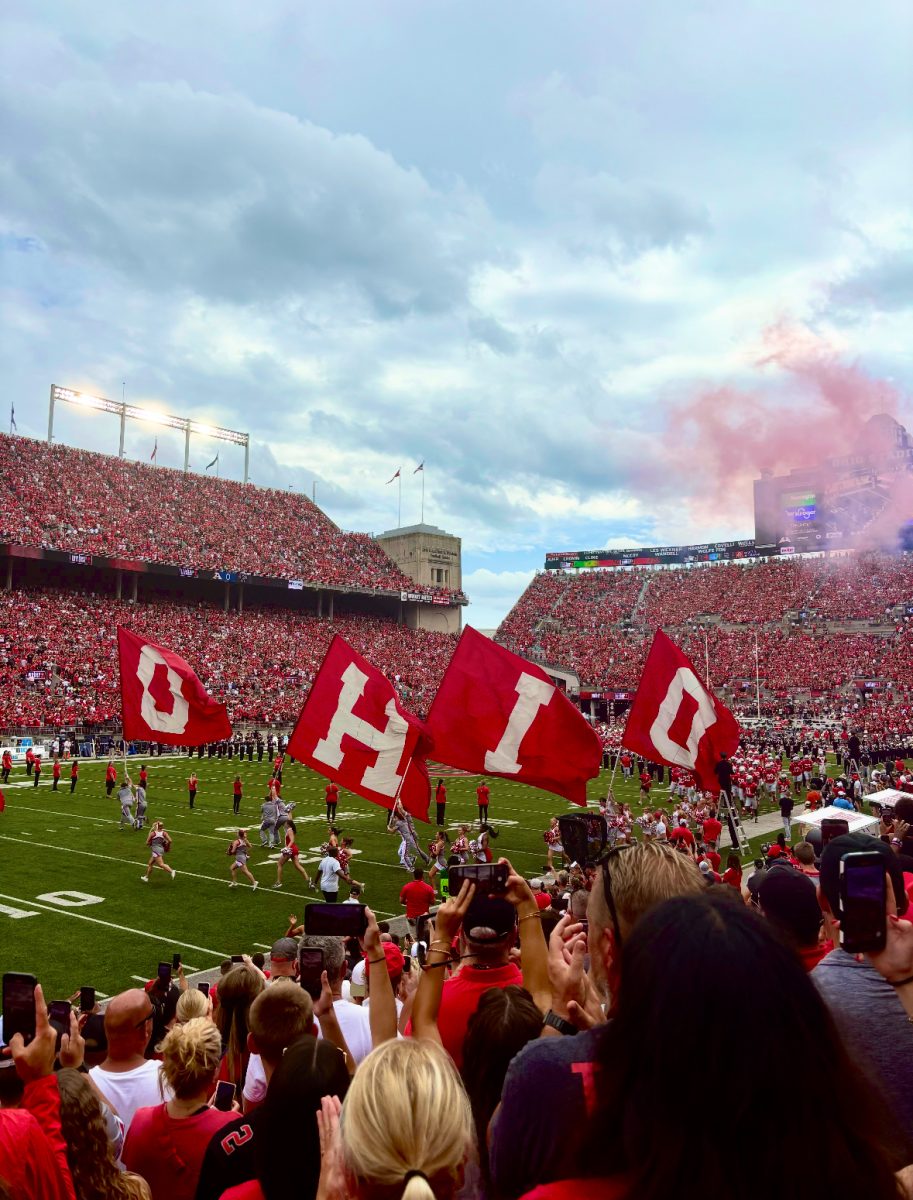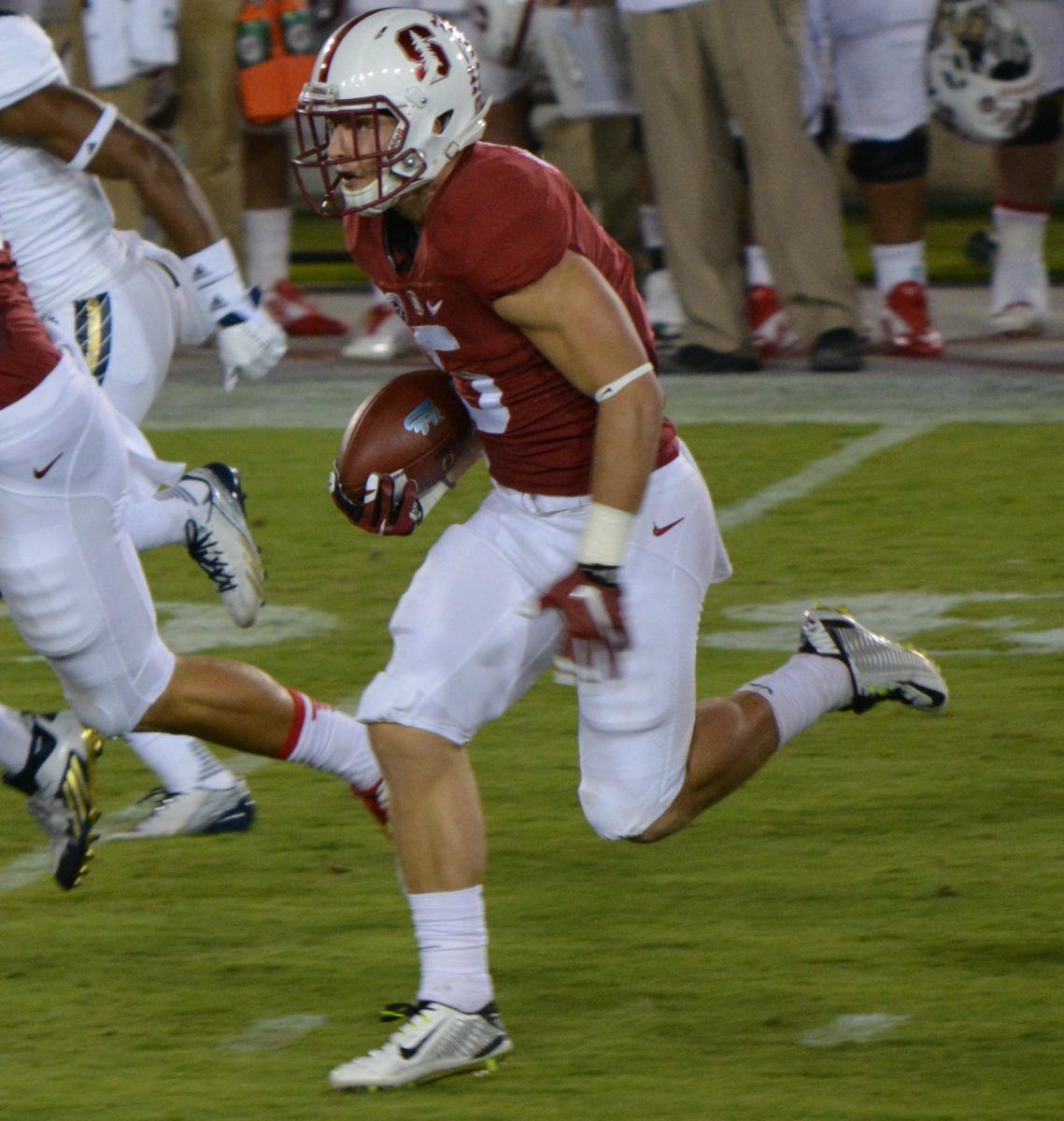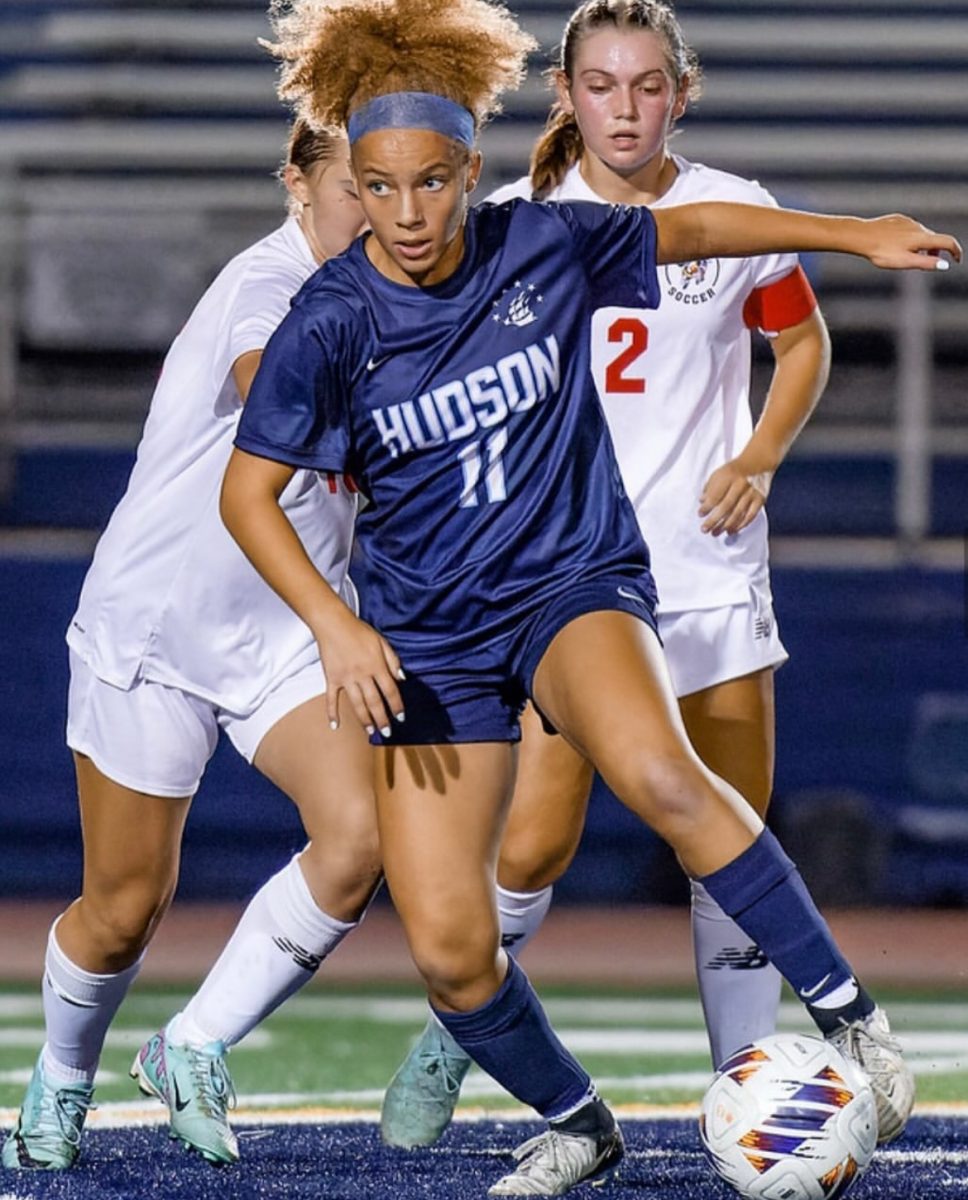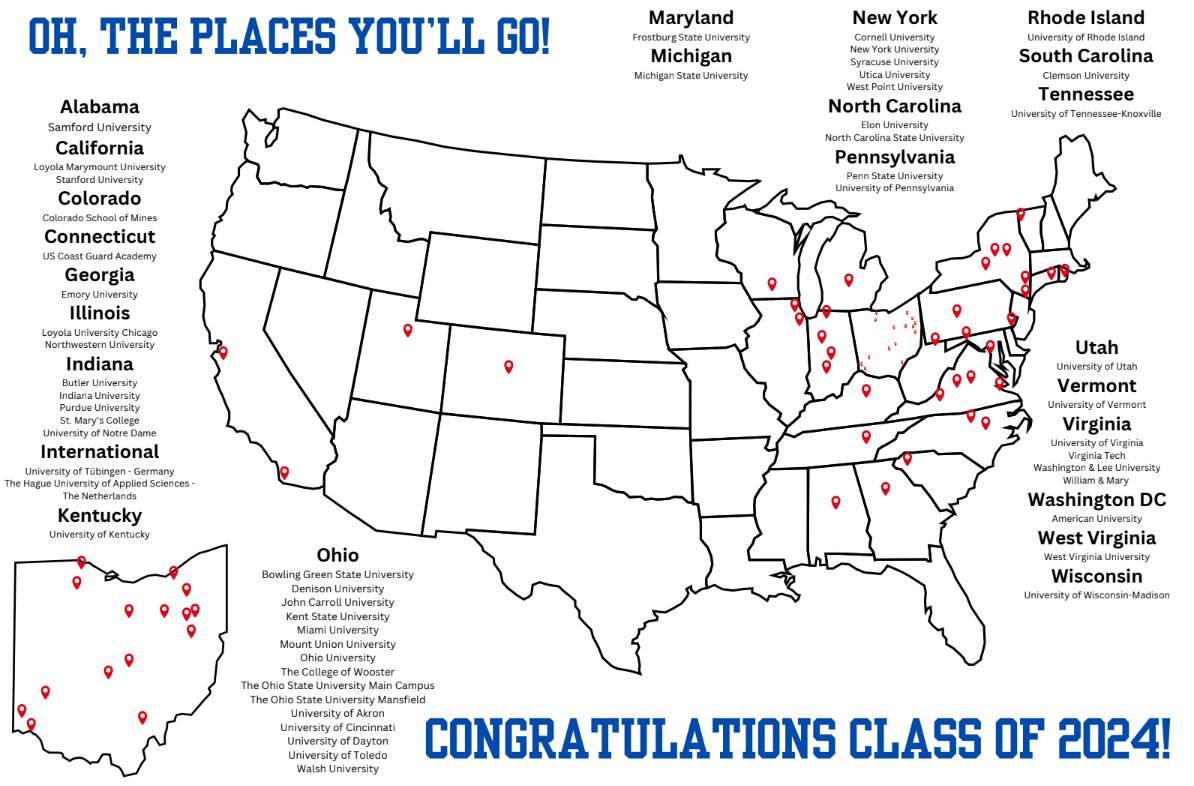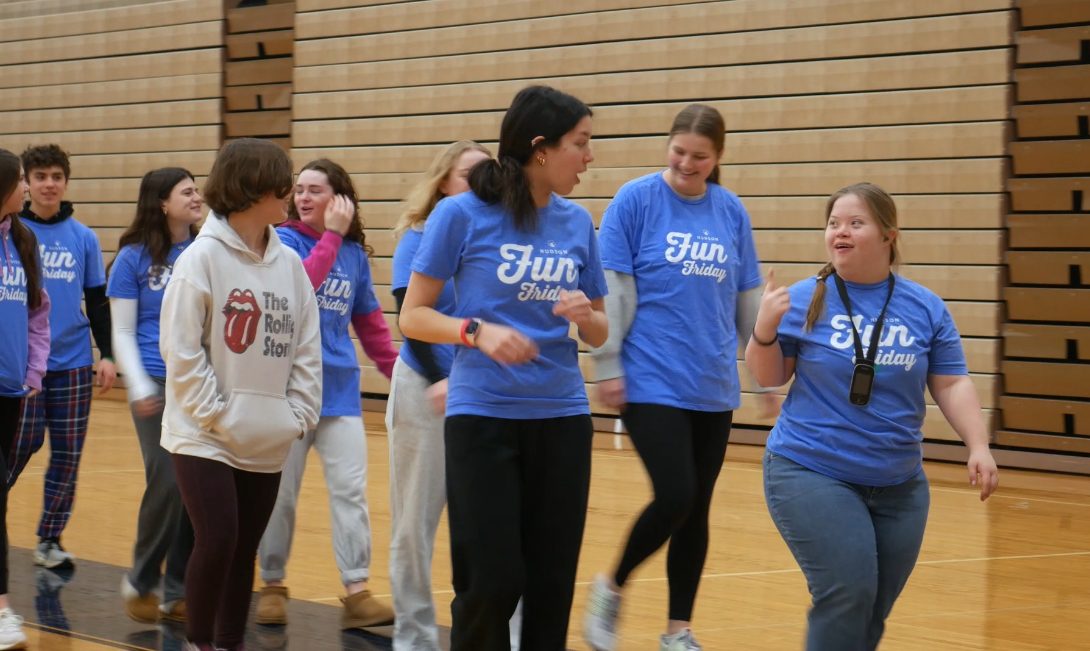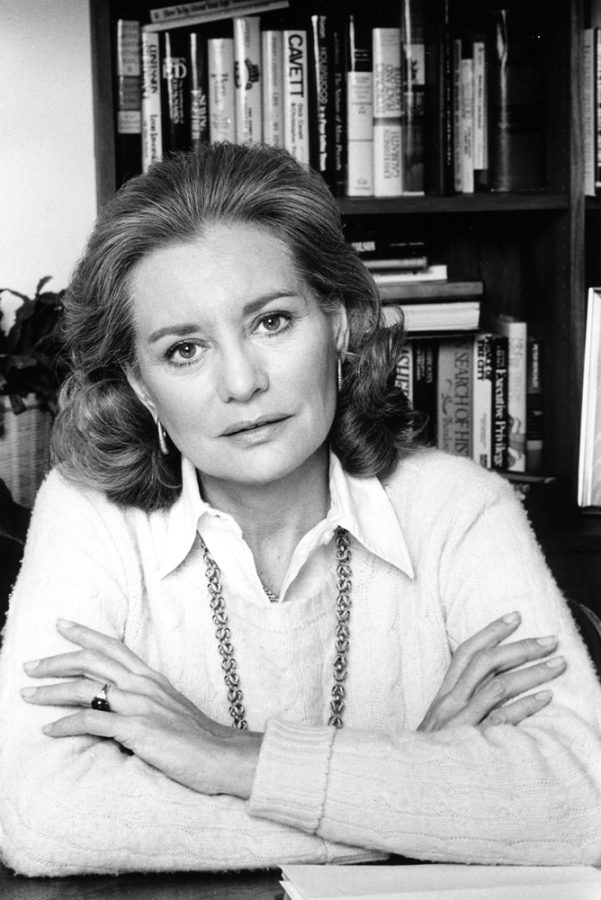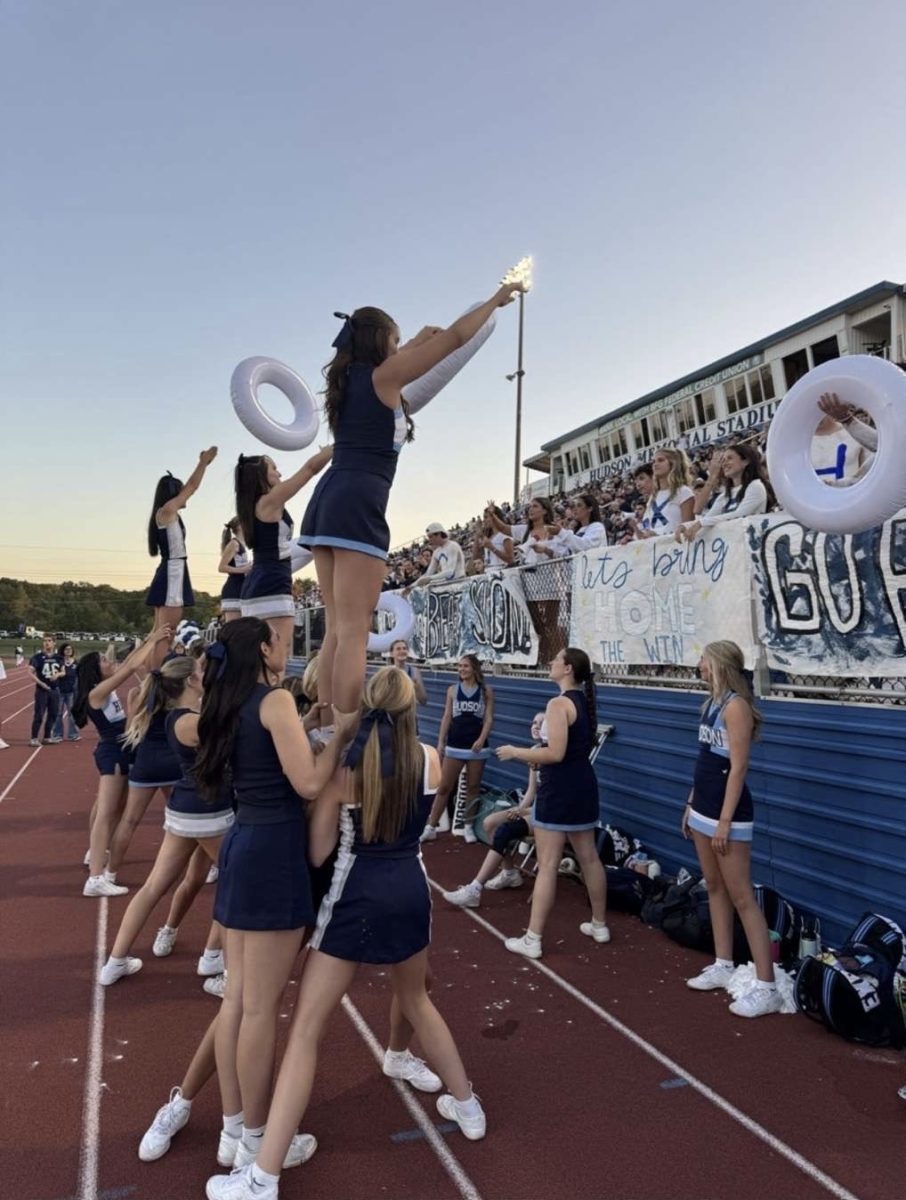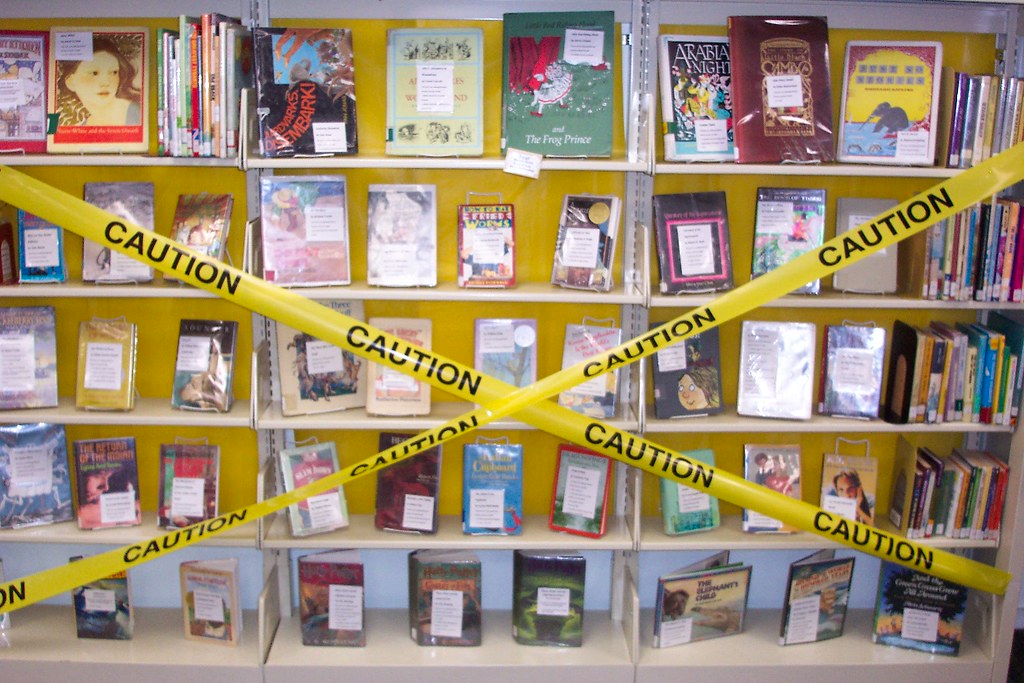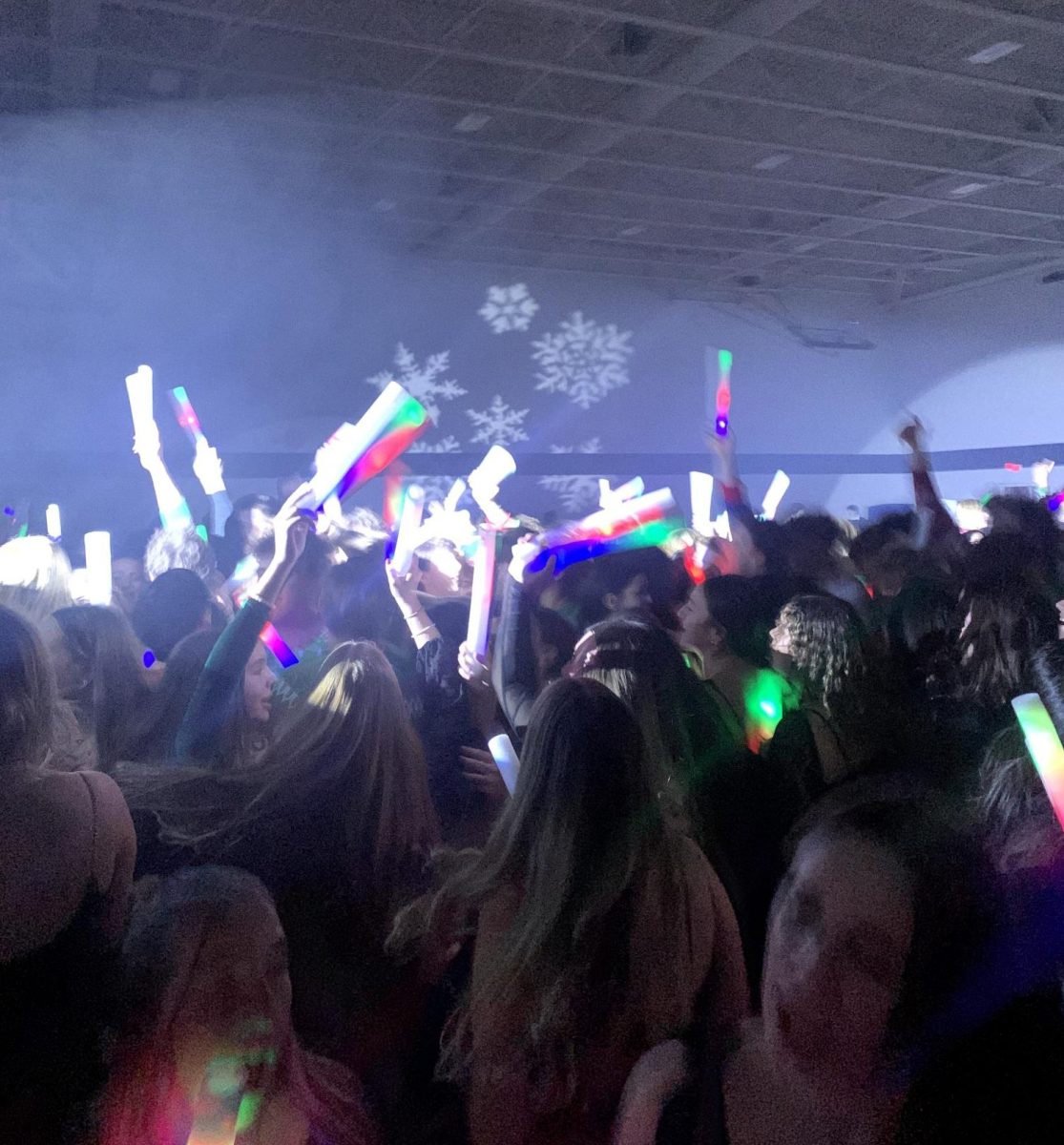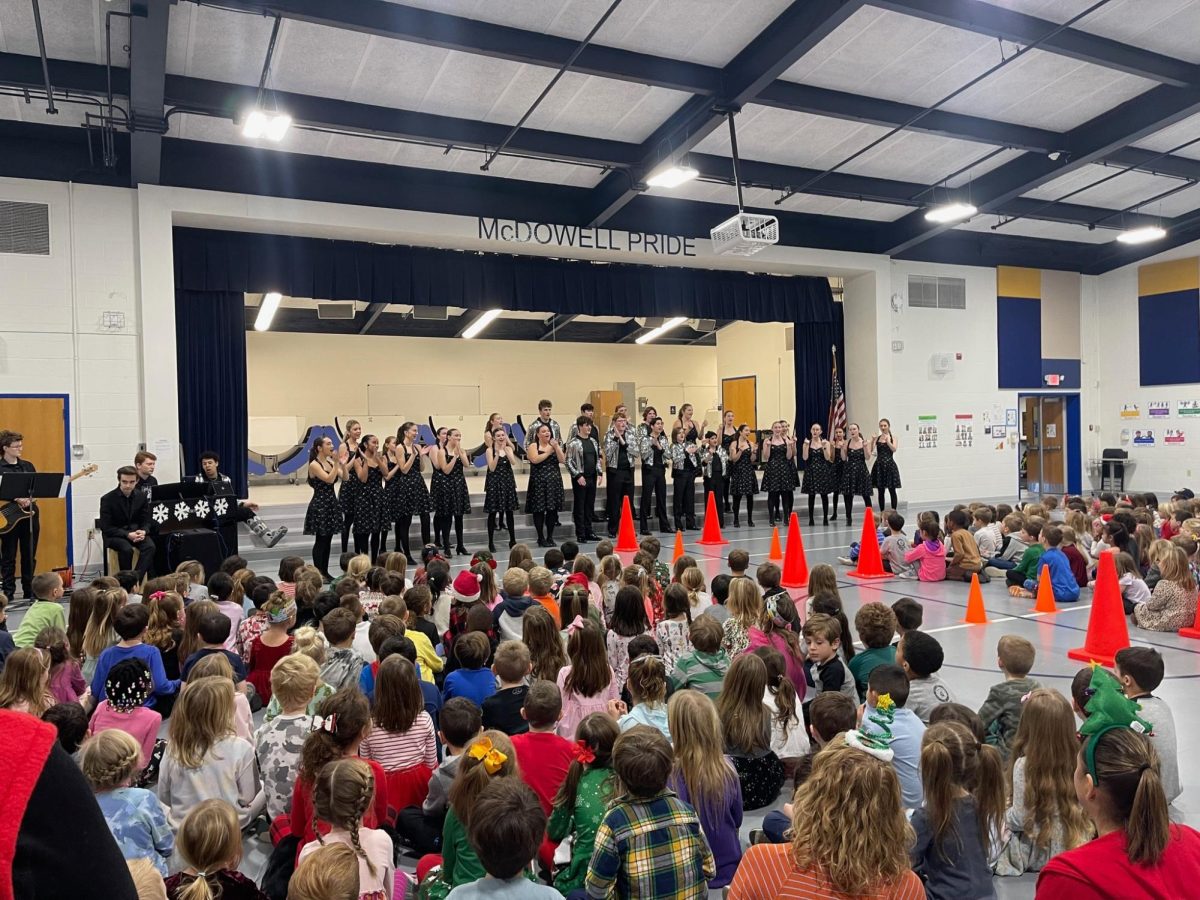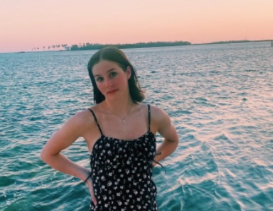A few days before we rang in the new year, it was announced that Barbara Walters, a pioneering TV broadcaster, had passed away at the age of 93. Though many might have struggled to remember who Wlaters was, or automatically went to Google to double check, her death sent a wave of grief through the world of female journalists. Walters was one of the first women to have a successful career in broadcast journalism, which at the time was a heavily male dominated industry.
Walters began her career in 1961 at NBC’s “TODAY” show, becoming the only female producer and first female co-host of the show before later becoming the first female anchor of a network news program at ABC. Walters broke barriers in the world of journalism and broadcasting, paving the way for future generations of women. “Inside Edition” anchor Deborah Norville, who also reported for the “TODAY” show from 1989-1991, said in an Instagram post that “every one of us in a TV studio today gets to be there because Barbara was there first.” But Walter’s later admitted that her journey was not an easy one as she found herself battling sexism from many male broadcasters, some that were even supposed to be her colleagues. When broadcaster Frank McGee joined “TODAY” as a co-host in 1971 — three years before Walters was officially named a co-host — he instituted a new rule: in interviews, she could not ask a question until after he had asked three. But Walters continued on, making history again as the first female news anchor on ABC, a network program. But even there she was met with sexism. One clip shows her former co-anchor Harry Reasoner, who according to Walters, did not speak to her off air, having “a little trouble thinking of what to say” when welcoming Walters to her first broadcast. “Not to sound sexist, as in, ‘you brighten up the place,’ or patronizing, as in, ‘that wasn’t a bad interview,’ or sycophantic, as in, ‘how in the world do you do it?” he said, as Walters laughed. “The decision was to welcome you as I would any respected and competent colleague of any sex, by noting that I’ve kept time on your stories and mine tonight — you owe me four minutes,” he continued before signing off.
In a 2014 interview with OWN, Walters said that back then, the world of television journalism was “a man’s world.” saying it was “no secret, for example, that I had difficulty with … [ “ABC Evening News” co-anchor] Peter Jennings.”
“He would cut me off, he would never say ‘thank you’ or ‘that’s interesting,’ and we all sort of took it for granted,” she added. “It’s the way it was thought of then — the so-called ‘hard news.’ A woman couldn’t do it, the audience wouldn’t accept her voice, she couldn’t go into the war zones, she couldn’t ask the tough questions. The fact that I did ask the tough questions was something that was very controversial. Some people admired it; others said, ‘she’s rude” She continued
“On the one hand, it made me more valuable, on the other hand I got the reputation as being a ‘pushy cookie’…if I said to a politician, ‘yes, but you didn’t answer my question,’ it sounded terrible. If a man said it, it didn’t sound terrible. You know, I was the pushy one.”
And as her career began to take off, Walters’ being the “pushy” one resulted in pushing other female journalists into their own seats at the anchor desk. Now, 43% of prime-time weekday broadcast and cable TV news anchors and correspondents are women.
Walters is famous for her interviews with celebrities and politicians where she delved into their personal lives, revealing emotions and intimate details that seemed impenetrable. She had a talent for coaxing people who previously refused to give interviews to get on camera. Because of this talent, Walters was able to interview many political leaders, but her interview with Fidel Castro in 1977 was perhaps the most impressive. Others include Menachem Begin and Anwar Sadat, Katharine Hepburn, Sean Connery, Courtney Love, Arnold Schwarzenegger and Patrick Swayze. She appeared on four different shows during her time on TV. She was on Today from 1962–1976, ABC Evening News from 1976–1978, 20/20 from 1979–2004, and The View from 1997–2014.
As her career came to an end, Walters appeared to agree that her greatest accomplishment was the doors she opened for women in the world of journalism. During her final appearance on “The View” in 2014, Oprah Winfrey introduced a surprise parade of female journalists who marched out on stage to thank Walters for paving the way for their success. After hugging the women one by one, Walters took the microphone and turned back to the audience.
“I just want to say — this is my legacy,” she said.Barbara Walters was a hugely influential woman in the world of journalism, breaking down barriers and paving the way for tons of other women to follow along, turning the once male dominated world of broadcast TV into a workforce for both genders. Her legacy will live on in the souls of all female journalists, for generations to come.

